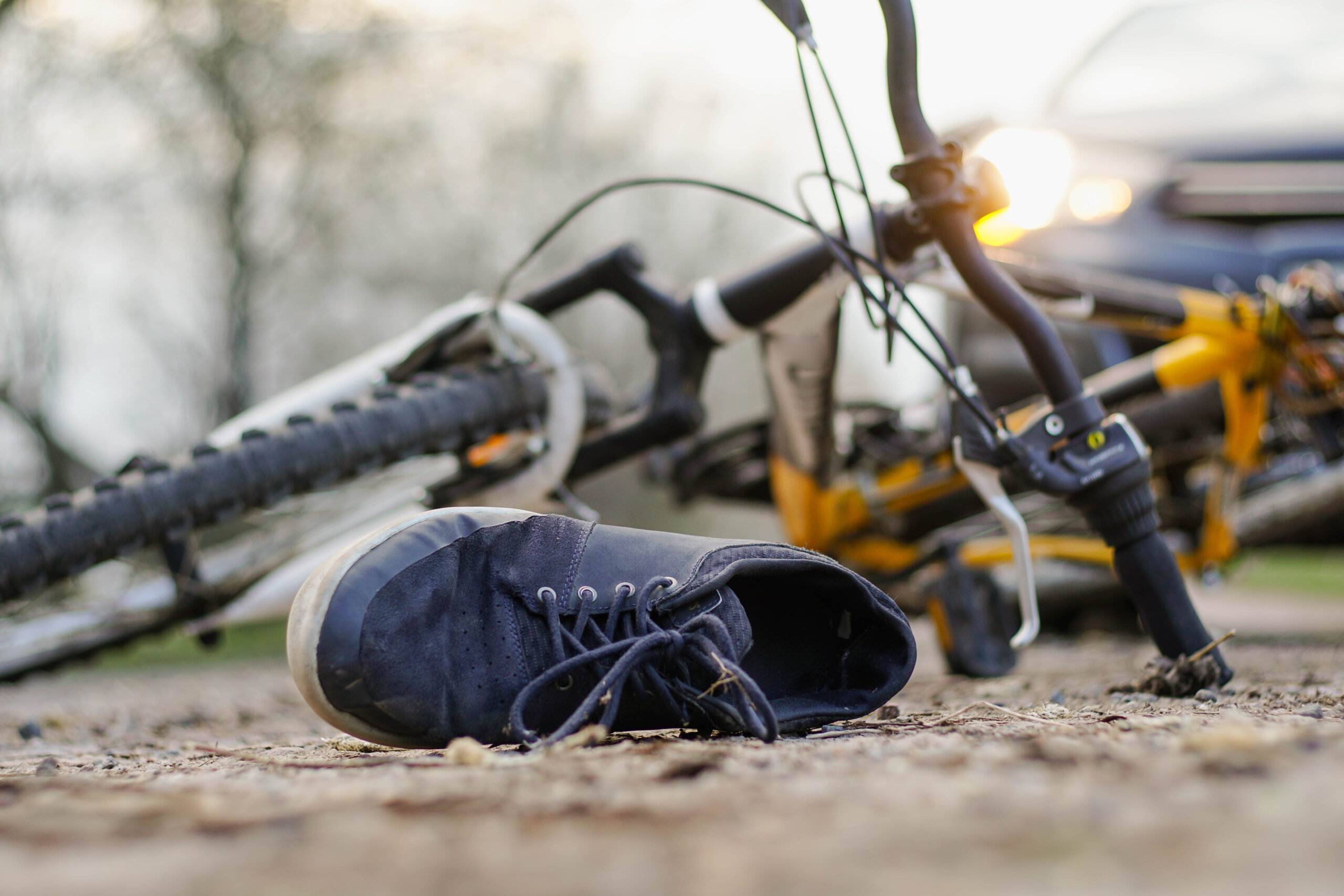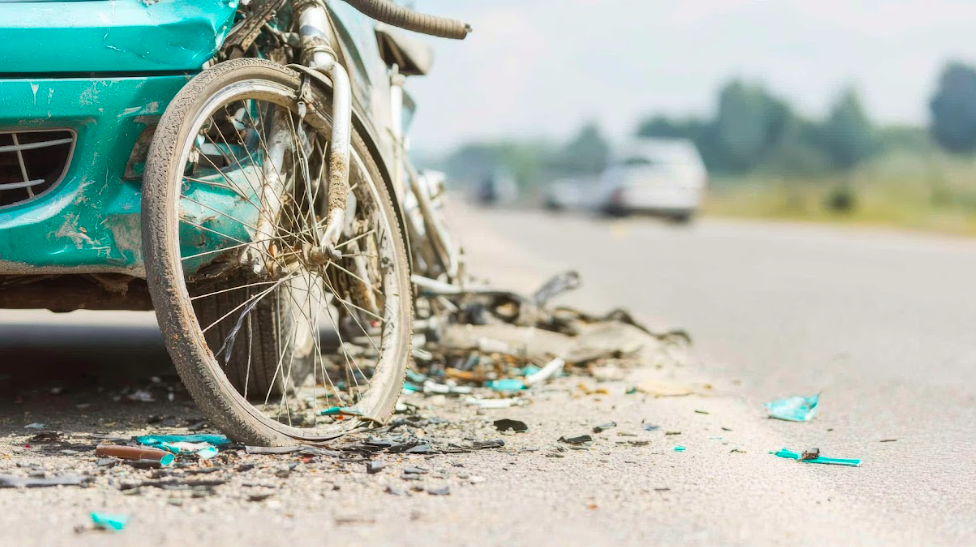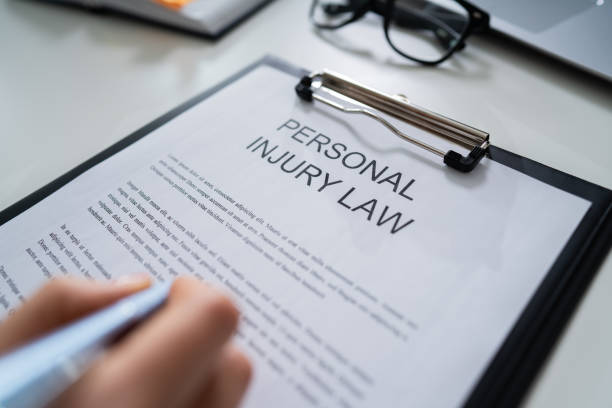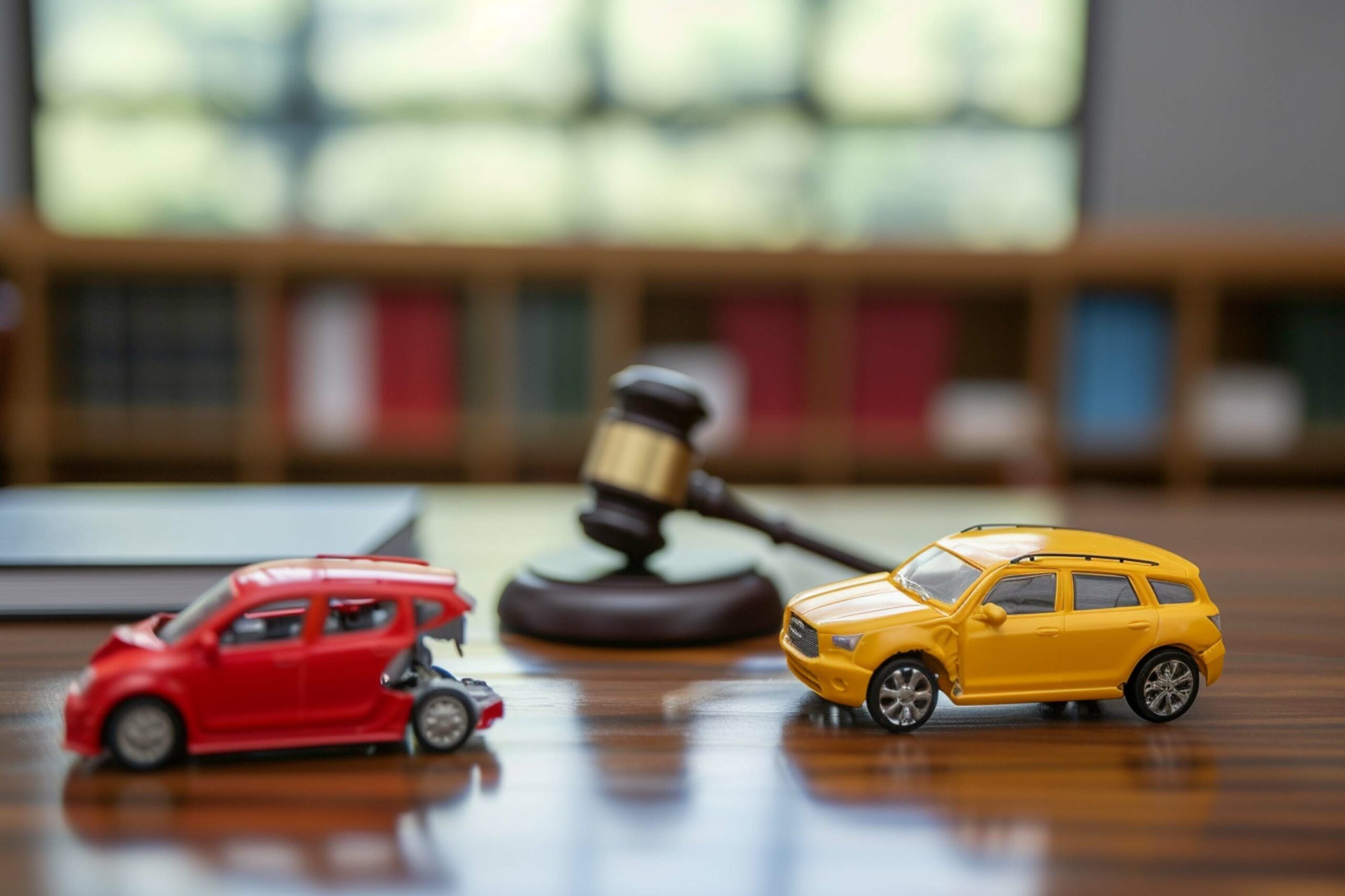Now Reading: Key Factors That Affect Your Bicycle Accident Claim
-
01
Key Factors That Affect Your Bicycle Accident Claim

Key Factors That Affect Your Bicycle Accident Claim
Cycling is a popular activity for both recreation and transportation. However, whether you’re an experienced cyclist or new to biking, you know that traveling by bicycle is among the transportation modes with high risks. Most of the bikers share the same thought.
A study by the Charlotte Department of Transportation found that 51% of respondents would like to bike, but 62% of them saw urban cycling as unsafe. In the worst-case scenario, you may be faced with a bicycle accident that would cause minor or even major injuries. (1)
When that happens, you can file a bicycle accident claim to somehow compensate for the damages. But what are the key factors that affect your case? Read on to know the answers.
Severity of Injuries
One of the most significant factors in any bicycle accident claim is the severity of your injuries. While injuries to the upper and lower extremities and head are most common among cyclists, accidents can also cause facial trauma, abdominal or chest injuries, and, in rare cases, neck injuries.
Head injuries are particularly serious, often resulting from collisions with vehicles. They account for 22-47% of cyclist injuries and are responsible for 60% of cyclist-related deaths and long-term disabilities. Severe injuries often lead to higher compensation due to increased medical costs, longer recovery, and a greater impact on daily life. (2)
Injuries from bike accidents can range from minor to severe. A small scrape or bruise, for instance, might only need a quick doctor’s check. But if you break a bone or hurt your head, you could be looking at weeks or months of treatment, physical therapy, and time off work. In the worst cases, a bike accident could leave you with injuries that never fully heal or even permanent disabilities. These long-lasting effects can significantly increase the value of your claim as they consider your future medical needs and life changes.
Medical Documentation
Your medical records serve as the backbone of your claim, providing solid proof of your injuries and the treatment you’ve received. But it’s not just about the initial hospital visit – follow-up care is equally important.
Make sure to attend all your doctor’s appointments and follow their treatment plans closely. This not only helps you recover but also strengthens your claim. It shows that you’re taking your injuries seriously and doing everything possible to get better. Remember, gaps in medical treatment can weaken your case, as insurance companies might argue that your injuries weren’t as severe as you claim.
Legal Representation
Navigating a bicycle accident claim can be complex, which is why many people choose to work with a bicycle accident lawyer. They offer comprehensive legal support, from guiding you on your rights to representing you in court, ensuring you receive the compensation you deserve.
Having legal representation can significantly impact the outcome of your claim. Lawyers understand the nuances of the law and know how to build a strong case. They can also help you avoid common pitfalls that might weaken your claim.
Police Report
When an accident occurs, it’s always a good idea to call the police to the scene. Why? Because they’ll create an official report that provides an objective account of what happened.
This report can be incredibly valuable for your claim. It often includes important details like the date, time, and location of the accident, as well as statements from those involved and any witnesses. Perhaps most importantly, it can help establish who was at fault for the accident. This information can be crucial when it comes to determining liability and, ultimately, compensation.
Liability
Determining who was at fault is a critical aspect of any bicycle accident claim. In some cases, it’s clear-cut – maybe a driver ran a red light or was texting while driving. But often, it’s not so simple.
In many jurisdictions, there’s a concept called “comparative negligence.” This means that both parties might share some level of fault. For example, maybe a driver turned without signaling, but you were also riding too fast for the conditions. In such cases, your compensation might be reduced based on your percentage of fault.
Note that bicycle laws can vary from place to place. Some areas have specific laws about where cyclists can ride, whether helmets are required, and how drivers should interact with cyclists. Understanding these local laws can be crucial to your claim.
Evidence Collected
Pictures of the accident scene and your injury and property damage can speak volumes as evidence for your claim. If possible, take these pictures as soon as possible after the accident. But doesn’t stop at pictures. If there were people close to the accident, try to get their contact information. Their statements are priceless and may even help corroborate your version of events. And as cameras are basically everywhere, one might want to check if such video coverage of the accident exists—traffic cameras, security cameras in buildings nearby, or even the dashcam of any passing car.
Timeliness of Claim Filing
One factor that many people overlook is the timeliness of filing a claim. Every state has a “statute of limitations” – a legal time limit for filing a lawsuit. If you miss this deadline, you could lose your right to compensation, no matter how strong your case might be.
But it’s not just about legal deadlines. The sooner you file a claim, the fresher the evidence will be. Witnesses’ memories fade, physical evidence can disappear, and injuries can heal. But when you act promptly, you can preserve crucial evidence and strengthen your case.
Insurance Coverage
Insurance plays a major role in most bicycle accident claims. Typically, you’ll be dealing with the at-fault party’s insurance company. However, the amount you can receive is often limited by the policy limits of their insurance.
This is where your own insurance can come into play. If you have uninsured or underinsured motorist coverage on your auto policy, it might cover you even when you’re on a bicycle. This can be crucial if the at-fault party has insufficient insurance or no insurance at all.
Lost Wages and Future Earning Capacity
While medical expenses often form the largest part of a claim, they’re not the only factor. Lost wages can be a significant issue, especially if your injuries keep you out of work for an extended period. In severe cases, your future earning capacity might be affected, which can also be considered in your claim.
The calculation method depends on your employment status: hourly wage or annual salary. For hourly workers, multiply your hourly wage by the hours missed. For salaried workers, divide your annual salary by 2080 and multiply by the hours missed.
Don’t forget to include potential overtime, promotions, raises, commissions, or bonuses. If you are a self-employed individual, focus on lost income, using documents like 1099s, invoices, and bank statements.
Consider future income losses, earning capacity, and compensation, too. An expert witness can help estimate these amounts based on your age, disability, employment history, and more. (3)
Final Thoughts
As you can see, many factors can influence a bicycle accident claim. But remember, every accident is unique, and these factors may carry different weights depending on your specific circumstances.
If you’ve been involved in a bicycle accident, gather as much information as possible and consider seeking professional legal advice. Most importantly, stay safe out there and enjoy your rides!
References
- “An analysis of day and night bicyclist injury severities in vehicle/bicycle crashes: A comparison of unconstrained and partially constrained temporal modeling approaches”, Source: https://www.sciencedirect.com/science/article/abs/pii/S2213665723000362
- “Cyclist safety”, Source: https://iris.who.int/bitstream/handle/10665/336393/9789240013698-eng.pdf?sequence=1
- “How To Calculate Lost Wages in a Car Accident Claim”, Source: https://www.findlaw.com/injury/car-accidents/how-to-calculate-lost-wages-in-a-car-accident-claim.html











